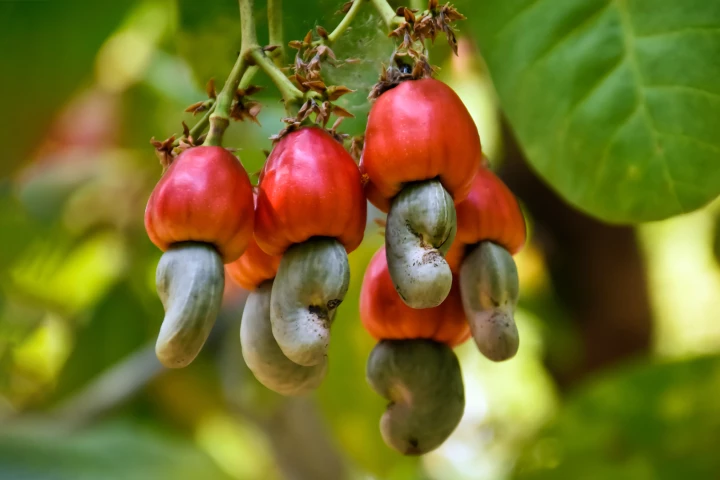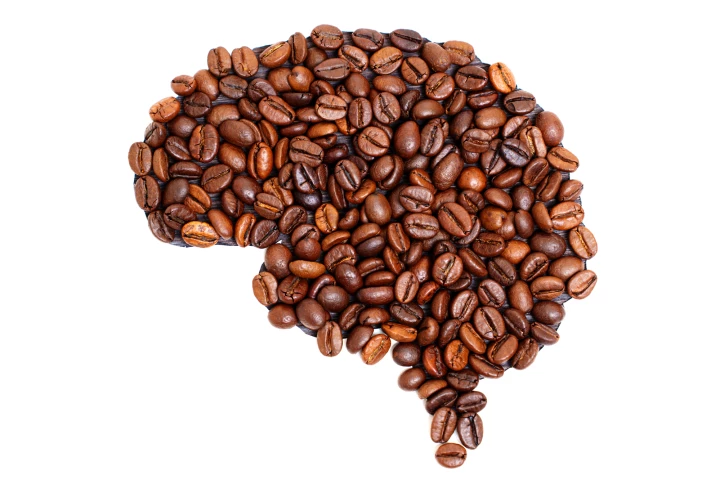University of Tsukuba
-
Extracts made from parts of the cashew plant that are usually thrown away when the nuts are processed commercially were found to significantly limit the development of fat cells and the accumulation of fat, according to new research.
-
A new study has shown how individual components of our diet – the protein, carbohydrates, fiber and fats we eat – can improve or worsen sleep quality. The findings suggest that dietary interventions could be used to enhance sleep health.
-
A gel of tiny keratin spheres has been found to promote hair follicle growth. Given that our bodies naturally produce keratin, the research highlights the potential application of using keratin microspheres as a safe and effective hair-growth treatment.
-
A new study has found, for the first time, that consuming beverages that taste like beer or cocktails but contain no alcohol can significantly reduce alcohol intake, which may be an effective strategy for helping excessive drinkers cut back.
-
A new study has found that a bioactive compound found in coffee beans improved learning and memory decline in aged mice. The findings open the door to developing a supplementary medicinal compound to treat or prevent age-related cognitive decline.
-
Researchers have developed a self-administered smartphone app to screen for Alzheimer’s disease by analyzing speech patterns. With subtle speech disturbances being an early indicator, this may be an easy way to obtain a diagnosis quicker.
-
Tennis players are susceptible to wrist cartilage injuries, which may not even present any symptoms at first. A van-based MRI system was designed with that in mind, as it can spot such injuries right at the tennis court, before they become serious.
-
The latest study to dig into the relationship between exercise and cognitive health shows how just 10 minutes of moderate jogging can boost our mood and executive function, by improving blood flow to a key region of the brain.
-
A new study out of Japan’s University of Tsukuba is shining yet more light on the relationship between the gut microbiome and sleep, describing how depleted diversity of the bacteria can disrupt sleep/wake cycles in mice.
-
Researchers have succeeded in activating a hibernation-like state in mice and rats, opening up the possibility that this type of “suspended animation” might eventually be used for preserving human organs for transplant, or even deep space travel.
-
It takes cross-breeding to turn flowers certain colors, but scientists can dig right in and change them at a genetic level much faster. Using the CRISPR-Cas9 gene-editing tool, scientists have changed the flowers of the Japanese morning glory from its usual violet to a pure white.
-
Rescue workers searching flood sites need to know what's under the water, but invariably that water is going to be very murky. Well, that's the main scenario for which the IrukaTact was created. It's a submersible haptic feedback glove that lets users "feel" what's below the surface.
Load More











